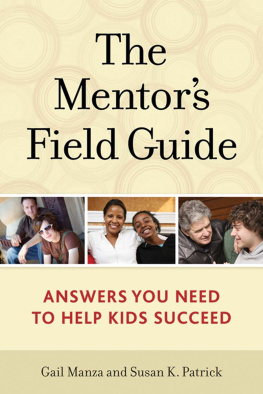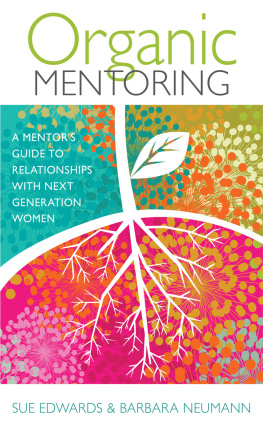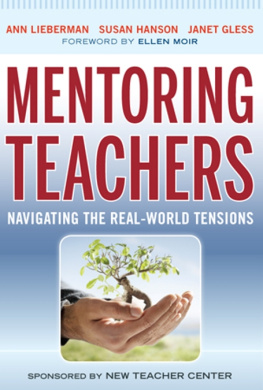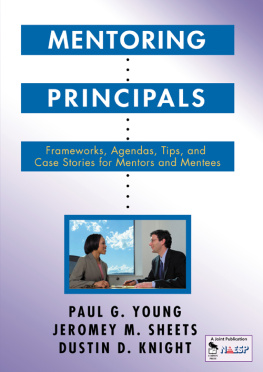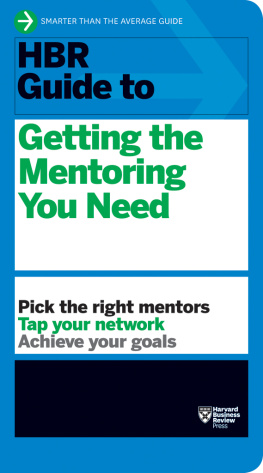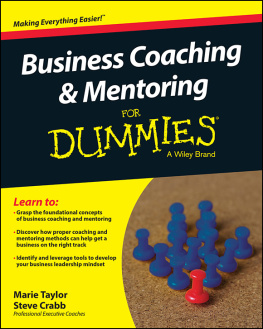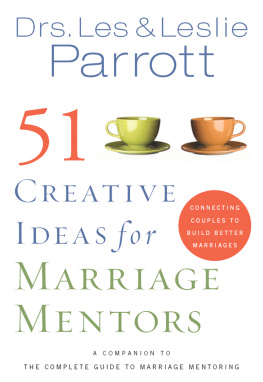Published by State University of New York Press, Albany
2014 State University of New York
All rights reserved
Printed in the United States of America
No part of this book may be used or reproduced in any manner whatsoever without written permission. No part of this book may be stored in a retrieval system or transmitted in any form or by any means including electronic, electrostatic, magnetic tape, mechanical, photocopying, recording, or otherwise without the prior permission in writing of the publisher.
For information, contact State University of New York Press, Albany, NY
www.sunypress.edu
Production by Jenn Bennett
Marketing by Anne M. Valentine
Library of Congress Cataloging-in-Publication Data
Evans, Stephanie Y.
Black passports : travel memoirs as a tool for youth empowerment / Stephanie Y. Evans.
pages cm
Includes bibliographical references and index.
ISBN 978-1-4384-5153-4 (hardcover : alk. paper) ISBN 978-1-4384-5154-1 (pbk. : alk. paper) 1. Self-control. 2. Performance. 3. International travel. 4. BlacksSocial conditions. I. Title.
BF632.E93 2014
305.896'073dc23
2013025548
10 9 8 7 6 5 4 3 2 1
Dedication
To my husband, Curtis D. Byrd, a wise and kind man. Thank you
for your passion and interminable will to live a full life. Thank
you also for showing me the power of the one true force: LOVE.
Sincerely yours, Yoda.
To my family, near and far. To grandmothers Mary Edmonds and
Venella Byrd for your wit and vigor and especially to the young
people in my family tree: this book is the most valuable gift I have
to offer.
Credo
I believe
Wisdom illuminates paths to empowerment
Wisdom is a combination of guidance, self-control, and ethics
I define
Wisdom as
Heart
Brains
Courage
I write
To empower youth
The time of the psychological passing over from boyhood to manhood is a movable feast. The legal date fixed on the twenty-first birthday has little or no connection with it. There are men in their teens, and there are boys in their forties. This passing over is not really across a line, but across a zone.
James Weldon Johnson, Along This Way (1933)
As black American women we have been as invisible to the dominant culture as rain; we have been knowers, but we have not been known. Aframerican autobiographical tradition encompasses survival, search for public voice, personal fulfillment, and self-creation.
Joanne Braxton, Black Women Writing Autobiography: A Tradition within a Tradition (1989)
[While studying in Germany,] the unity beneath all life clutched me. I was not less fanatically a Negro, but Negro meant a greater, broader sense of humanity and world fellowship. I felt myself standing, not against the world, but simply against American narrowness of color prejudice, with the greater, finer world at my back.
W. E. B. Du Bois, Autobiography (1968)
you show us
how to arrange our
worldly selves
Sonia Sanchez, Haiku (for Maya Angelou) (2010)
ACKNOWLEDGMENTS
T his book was made possible by research funding provided by the University of Florida College of Liberal Arts and Sciences Colonel Allan and Margaret Crow Professor Award, 201011. Many thanks to Sharon Burney for her assistance in securing necessary sources in the early stages of this work. Parts of this research have been discussed at the following gatherings: Columbia University, Toward an Intellectual History of Black Women Conference (April 2011); Harvard University, Think Tank on Global Education (May 2011); Clark Atlanta University, Pearly Dove Lecture (March 2012); Clark Atlanta University, W. E. B. Du Bois Major Works Seminar on Autobiography (July 2012); the Association for the Study of African American Life and History (ASALH) Annual Convention in Pittsburgh, PA (September 2012); and Collegium for African American Research (CAAR) at Agnes Scott College in Atlanta, Georgia (March 2013).
Development of the Swag Diplomacy Viewshare online database was made possible by collaboration with the Emory University Digital Scholarship Commons (DiSC) Research Center and support from the Clark Atlanta University College of Education with technology support provided by the Clark Atlanta University Faculty Development Center. Thank you to Moya Bailey, Whitney Peoples, and Yvonne Nash for assistance in formatting and expanding the online resource. Thanks to Library of Congress staff for highlighting the Swag Diplomacy project in online publications to expand its usage. Special thanks to the African American Studies, Africana Womens Studies, and History (AWH) Department and the CAU community for encouragement and inspiration.
Many thanks to those who have offered substantive insight on working drafts, especially Dr. Natalie Graham, Dr. Charmayne Patterson, and Christy Garrison-Harrison. Thanks also to Augustus Wood, Esther Pervil, LaSella Hall, Tami Wheeler, Ondrea Rhymes, Tiana Thompson, and Faren Manuel for detailed comments, and Markiana Jackson, Michael Decuir, and Jaimi Carter for general feedback. Last, thanks to SUNY Press reviewers whose generous and detailed comments helped guide the editing process with care, compassion, and thoughtful critique. I am grateful to Beth Bouloukos at SUNY Press for her patience and support of this project, the SUNY editorial and production teams, and to editor Liz Pulcini for much-needed assistance in preparing this manuscript.
To my teachers, mentors, and role models: your guidance gave me a window seat to the world, and Im international because of you.
To my students: thank you for continuing to teach me about the joy and pain of lifelong learning.
To Dr. Erika Camacho: Mr. Escalante would be so proud of who you are, as a mathematician and a teacher. Thank you for challenging me to find the ganas to share my own story. Last, thanks to Saroya Corbett (mentee of Katherine Dunham) and Frank Moten (mentee of Dizzy Gillespie) for sharing their stories of how to continue legacies of creativity.
PROLOGUE
Wisdom Is the Best of All Treasures: Adolescent Development and the ABCs of Power
T he Queen of Shebas visit to King Solomons court is recorded in numerous ancient texts, from the Bible to the Qurn. Makeda, as she is known in Ethiopia, traveled to Jerusalem to test Solomons wisdom. One of the riddles she asked was how to distinguish girls from boys:
Various boys and girls, all of a tender age, of the same height and dressed identically were placed before him, whereupon she said, Distinguish the males from the females. At Solomons command, nuts and roasted corns were distributed before them. The boys, without any sense of embarrassment, gathered them and placed them in their garments; the girls, who were more modest, placed them in their headdresses. Thus, Solomon was able to distinguish between them.
Gender socialization and racial and national identity norms are all addressed in this book, but my main purpose, the heart of this text, is to provide resources that can help socialize youthwhether male or femaleas wise global citizens. My definition of wisdom is simple: virtuous attitudes (heart-


